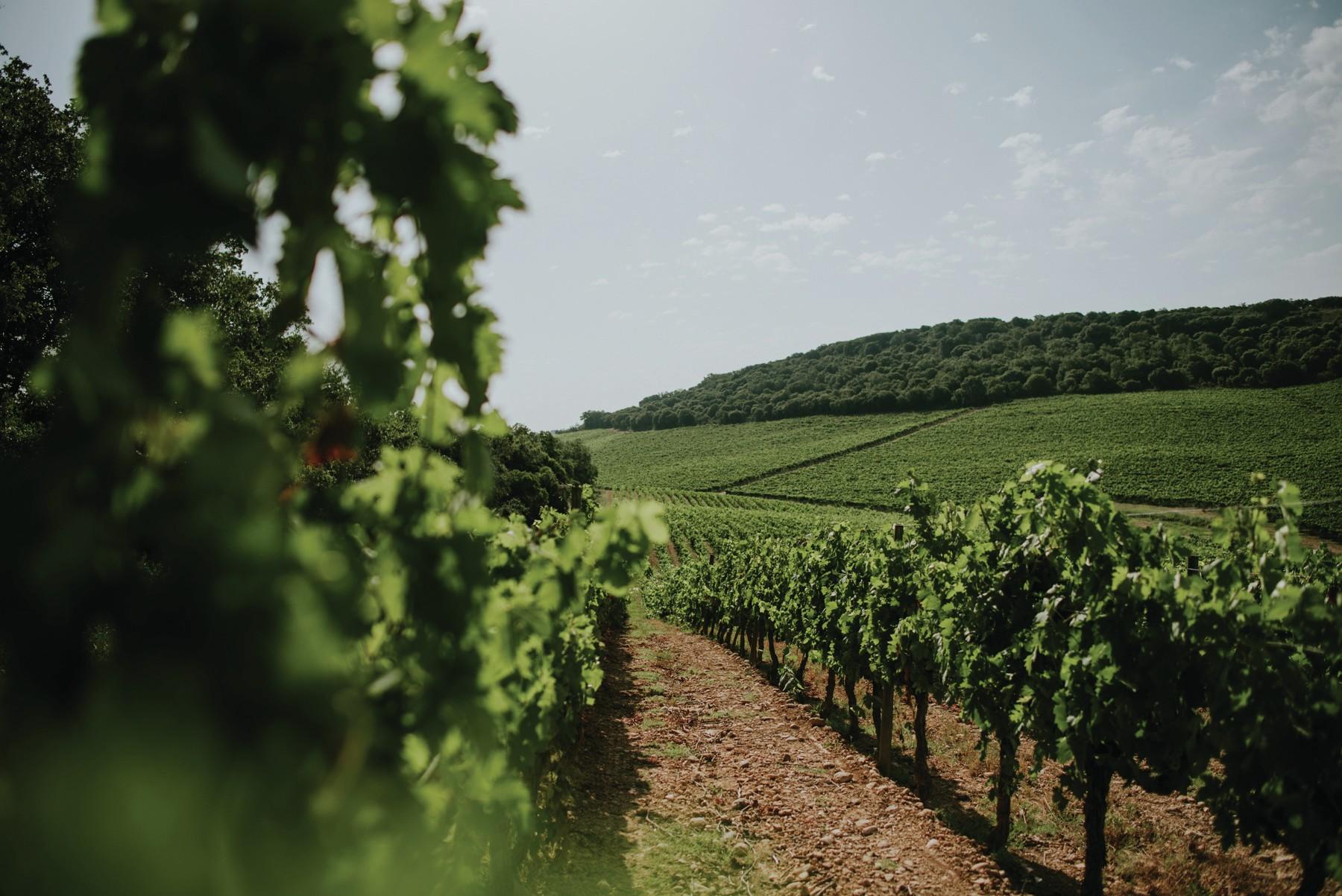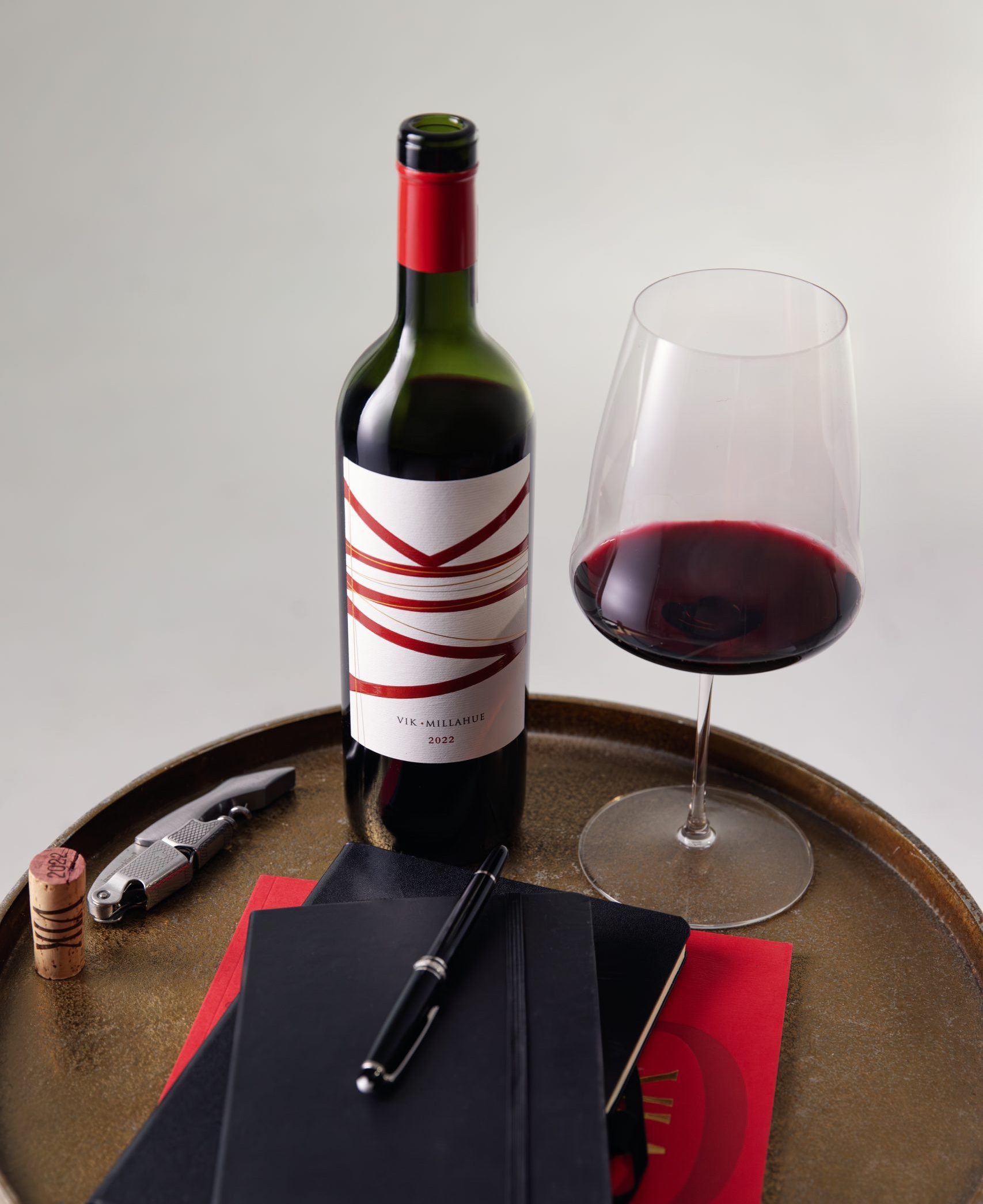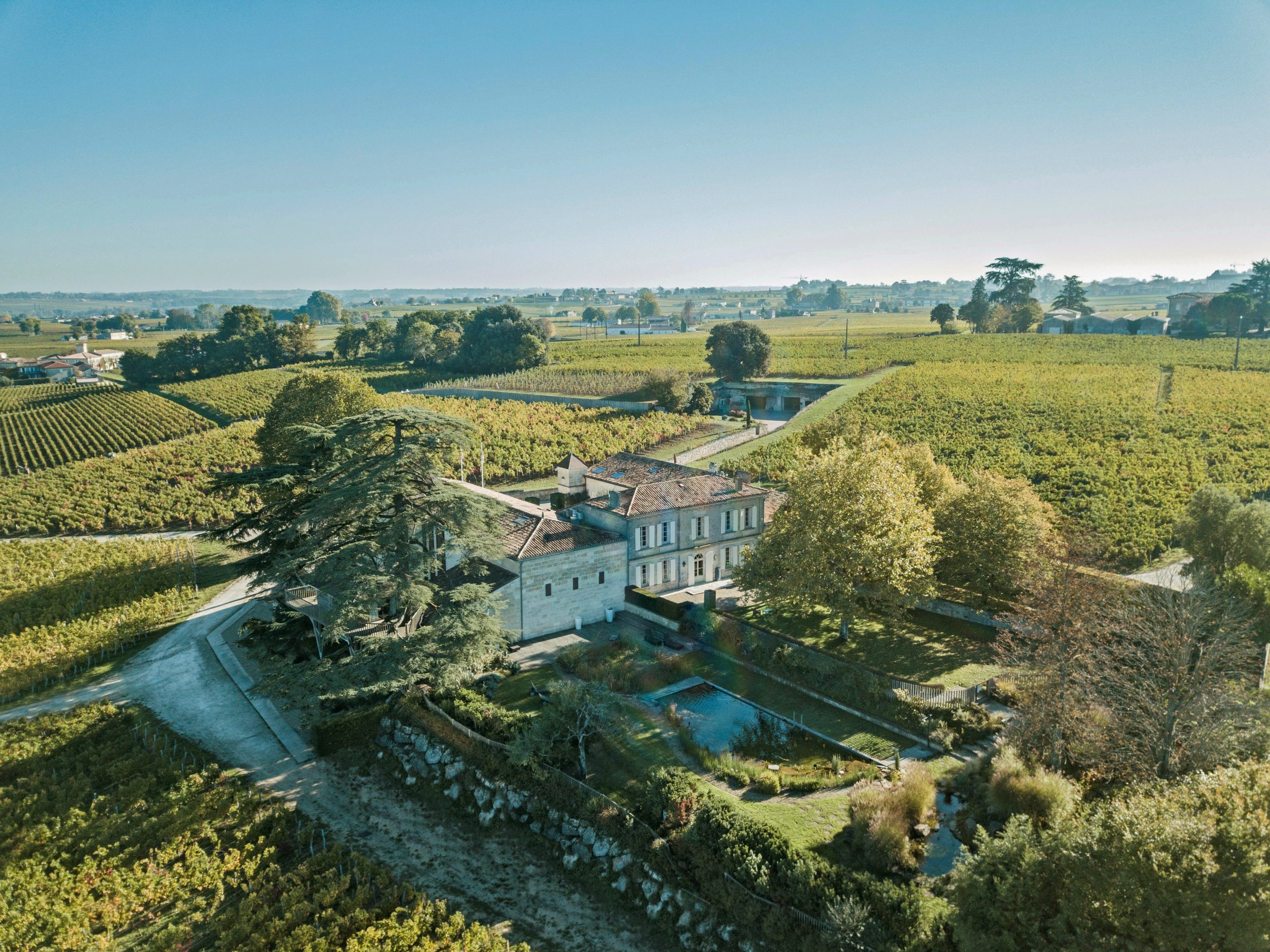Top 10 independent wine retailers – part 2
In the second of a two part series, we take a look at five retailers making their mark in the UK independent wine scene.
Tanners
Founded: 1842
Location: Five branches across Shrewsbury, Hereford, Welshpool, Bridgnorth and Llandudno. Recently opened a second Shrewsbury outlet called “Taste of Tanners”.
Range: Core range of 1,200 wines, spirits, soft drinks and beers; 800 “oddments” and fine wines
Specialities: “The best and most exciting wines we can find for the price; also wines from family growers.”
2013 turnover: £20m
The Tanner family has steered its historic business through a fair few economic downturns that have seen so many of the wine trade’s famous names fall by the wayside. Attributing this longevity to “sheer bloody-mindedness”, managing director James Tanner is not pretending that the journey has been a walk in the park. “One has got to be very sales driven and very sharp on cost control,” he warns. “There are no gimmicks that will save one in this business.”
As many customers tightened their belts in 2008, the company tweaked its offer accordingly. “We certainly had to adapt and be particularly cost conscious and sales driven during that period,” Tanner confirms. “Where we used to be able to ship more esoteric, expensive wines we’ve had to change our sourcing, but it’s coming back.”
As a sign of confidence in the road ahead, this summer has seen a significant extension to the retailer’s Shrewsbury flagship with the opening of a new shop right on the main street. Called “A Taste of Tanners”, the venue acts as a more accessible showcase for the merchant than its existing cellars at the back of company headquarters. Tanners is also using this high profile spot to introduce sampling for the first time, with the WineEmotion dispensing system currently on trial. “It’s early days but it’s been very busy, especially towards the end of the week,” reports Tanner, who adds: “We’ve always been uncomfortable about mixing drinking with retail in our shops – this is more of a separate place for that.” An important part of this new showcase is the merchant’s extensive own label range, which “is doing very well” according to Tanner. “You have to be very confident in the quality, but when we put a wine under our own label it multiplies sales very quickly,” he reveals.
With sales split “about 50/50 between private and trade” the company’s private customer offer is currently spread across its five shops, mail order and online sales, which account for around 30% of that revenue. As for the future, Tanner outlines a straightforward strategy to “push on with selling more in each channel.” Would that extend to opening another shop? “Certainly if the right opportunity comes up,” he remarks, “but I don’t want to be running a huge chain.”
Vagabond Wine
Founded: 2010
Location: Two London sites – Fulham (2010) and Charlotte Street (2013). Currently planning a third venue.
Range: 250 wines
Specialities: “Lesser known grapes and regions”
2013 turnover: close to £2m
For this expanding London merchant, the key to success in a retail arean dominated by supermarkets is to develop a formula that they simply can’t emulate. That manifests itself in a wine bar and shop combination that uses Enomatic machines to put tasting at the heart of the shopping experience. “The big thing is having a bunch of wines on tap all the time,” outlines director Stephen Finch. “It allows us to focus on making it easy and fun for people to find wines they like.” However, he notes, “it’s not just a try-before-you-buy transactional thing, it’s also selling an experience. People come with friends, they hang out and have some food as well. We’ve embraced people’s desire to come to a place that’s just a casual cross between a wine shop, warehouse and pub.”
Despite the success of this model, Finch admits that it has evolved some way from his original plan. “When we first opened we were very focused on retail but we quickly learned what resonated with customers was the ability to try many wines on site rather than take them away so why fight it? It was a no brainer,” he remarks. Nevertheless, Finch notes that off-trade sales still account for just over 60% of sales, although on-trade is “growing very quickly.” One area that has proved more tricky is developing an online outlet. “We pulled the plug on online a year ago because of a problem with the technology and stock levels,” reports Finch. “I’d rather have no e-commerce than bad e-commerce, but it’s something I’ll revisit.”
At the end of last year, Vagabond expanded from its original Fulham outpost to open a second venue in central London. “It was profitable in the first full month of trading,” comments Finch, who reveals: “We’re in the middle of raising funds for the next one.”
Business may be booming for Vagabond, but Finch has no illusions about the challenge facing the UK’s independent sector as a whole. “Sometimes I feel quite bullish about the wider wine sector, sometimes frustrated,” he remarks. “The way liquor laws are built favours the supermarkets and they don’t need any more advantage over the independents. They can afford not to make money on wine, we cannot. It’s really hard for independents to find that unique value proposition to get customers to spend money with them and not the supermarkets. That’s why we do what we do – it’s something that the supermarkets really can’t copy.”
Bottle Apostle
Founded: 2009
Location: Hackney (2009), Crouch End (2012) Clapham (March 2014)
Range: 400-500 wines
Specialisms: Portugal, craft beer
2013 turnover: £2 million
Another London success story to spring up during the recession is Bottle Apostle. Having set up shop in the increasingly gentrified borough of Hackney, this retailer has since opened branches in Crouch End and Clapham. Similarly to Vagabond Wines, the tasting experience via Enomatic forms a central part of its offer, but that’s certainly not the only tool Bottle Apostle uses to entice consumers away from supermarkets. “We work so hard on making sure we have a unique range because we could never compete on price,” says marketing manager Miranda Fong. “There are a few crowd pleasers we could never get rid of but the benefit of being an independent is that you can expand in areas where you want to.” Most recently, she continues, “we almost doubled our northern Spain range last summer and we have a specialism in Portuguese wines. Last year we bulked up quite a bit in terms of northern Italy. In the last four or five months we’ve been bulking up Beaujolais quite a lot – we definitely feel it’s an area that is coming up.”
Aside from its range, Bottle Apostle is a keen advocate of finding original ways for people to engage with wine. “It’s about creativity, moving away from the traditional wine tasting,” explains Fong, who cites initiatives such as Wine Car Boot as a prime example of a scheme that “gets new people involved in wine with a low cost wine experience.” As well as participating in that external venture, in-store activity has included ideas such as raclette evenings. “It’s about events where we can grab the whole community and bring them with us,” remarks Fong.
Partner Content
Wine may be the core focus here, but the team has identified craft beer as offering a complementary speciality. After an initial trial in its Hackney flagship, Bottle Apostle now features a dedicated zone called “The Brew Testament” in all its shops. “It’s a whole other area of appeal and it’s nice to be able to talk about something else,” explains Fong.
Not content with its rapid expansion to-date, Bottle Apostle is busy eyeing up new opportunities. “We can easily grow very quickly and would love to open another shop, in fact two or three really,” confirms Fong. Offering a particularly upbeat view of the marketplace she concludes: “There’s lots of space in London for independents. It’s an incredible time.”
WoodWinters
Founded: 2005
Location: Two shops – Edinburgh and Bridge of Allan, with a warehouse/head office in Stirling. Plans for three more sites and an e-commerce outlet due to go live this summer.
Range: Around 2,000 wines and spirits
Specialities: Italy
2013 turnover: £3.8 million
This Scottish merchant is another rare but vocal advocate for merchandising by style rather than region. For director Douglas Wood, this approach is helpful for both customers and staff. “If somebody comes in and says ‘I like Sauvignon Blanc’ then it’s a fabulous way to get people to shift from maybe Sancerre or New Zealand to places like South Africa,” he observes, adding: “It’s an important tool to start a conversation as well.”
The economic downturn forced the company to review its entire range, but in particular the selection of £7-£10 wines. “The people who come in once or twice a month for a mixed case are buying at that key price point,” explains Wood, who tracks a resulting shift away from Australia and New Zealand in favour of Spain and Italy. “There’s so much quality there at sensible prices,” he remarks.
However, the most significant growth area for WoodWinters at the moment is not wine at all. “Gin is up 200% in volume, it’s extraordinary,” reports Wood. In line with its Scottish location, the company has always offered bottlings of whisky from its own casks and the opening of a shop in Edinburgh saw a decision to double the amount of space allocated to spirits, which now account for around 23% of total retail sales.
Looking ahead, Wood confirms a plan to expand this empire still further. “We have three more shops in the pipeline,” he reveals. “There’s no definitive date but we know where we want to be and what we want to do.”
For all this attention to detail on the retail front, this channel represents no more than about 25% of WoodWinters’ business. Instead the company has dedicated significant resources to competing in the wholesale arena, with a five-strong full-time sales force and its own van “so we rely as little as possible on couriers.” In addition to this, the company has developed its own IT system which, explains Wood, “allows us to track what’s happening so we can do so much more detailed analysis in looking at different regions, different sales guys and the rate of sale of product. That allows us to make decisions very very quickly. We’ve spent near on £200,000 on IT in the last four years but we’ve definitely seen a return on that investment.”
This decision to focus so much attention on the wholesale channel has enabled a relatively small merchant to punch above its weight when it comes to economies of scale. “I’d always wanted to be in a position where we were importing containers of house wine and we reached that around two and a half years ago which was an important step,” outlines Wood. “The size we’re at now we can compete with anybody.”
Roberson Wine
Founded: 1991
Locations: One shop in Kensington, west London, and online
Range: Around 2,000 wines
Specialities: France, California and fine wine
2013 turnover: £2.5-£3m
Founded by Cliff Roberson over 20 years ago, this merchant has managed to cultivate a successful niche in the wine retail scene. Setting out what makes Roberson different, business development director Adam Green comments:
“First there’s the range of fine wines we offer – you can buy everything by the bottle so we’re sitting between the group of traditional wine merchants who sell by the case and other retailers who might not have the range.”
He admits that the shop’s upmarket location has created “a slight disconnect” in how the business is perceived, but explains “That’s why we’ve been involved with events like Wine Car Boot, which is about young consumers who want an interaction with wine. We also really actively engage with events, social media and online. Social media allows us to get really involved with customers without any real overheads.”
Describing wholesale as “the larger part” of Roberson’s business, Green also highlights the importance of private customer accounts managed over the phone. Online retail is another area that has grown significantly in recent years and, following a smartphone-friendly revamp of the website this summer, is expected to perform even better in future. “Three years ago we took £2 online for every £10 through the till,” reports Green. “Now it’s £9.50 and next year it may well be bigger.”
A major focus for Roberson this year has been in expanding and promoting its Californian wine portfolio, which now features around 20 producers. We saw a group of customers that wasn’t being satisfied and we were very, very pleased with the critical and commercial response,” says Green. “It’s very nice to have an area that we have recognised expertise for and can become the go-to place for customers, particularly in a very busy market like London where it helps us to cut through.”
Looking ahead, he confirms a plan to expand this California offering still further, especially in the sub-£20 bracket where the company has identified “some really exciting wines.” As part of this push, Green suggests “We would like to start a series of events, maybe only with 120-bottle allocations where people pick it all up in one evening. That’s a dynamic approach rather than just putting it on the shelves and we can meet people face to face and talk about the wines.”




